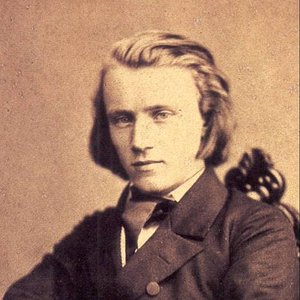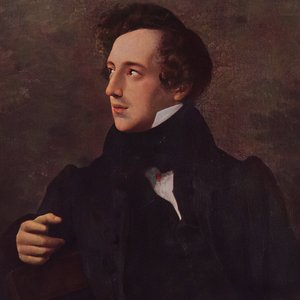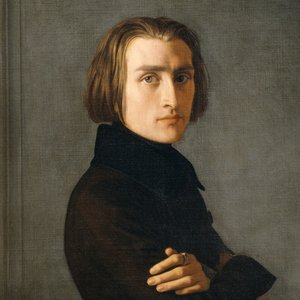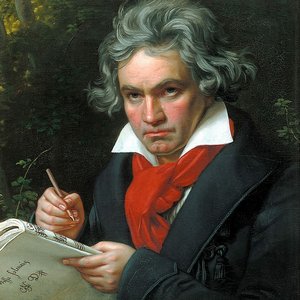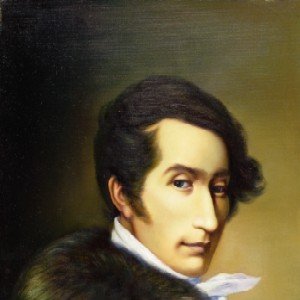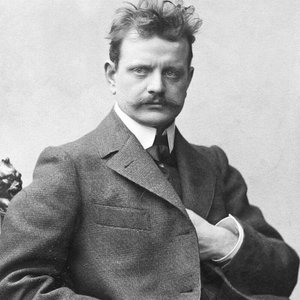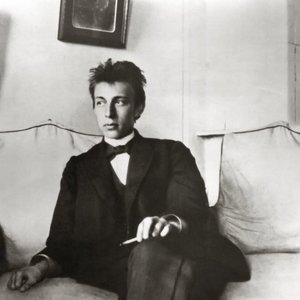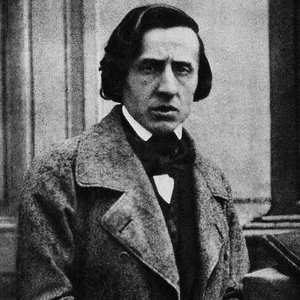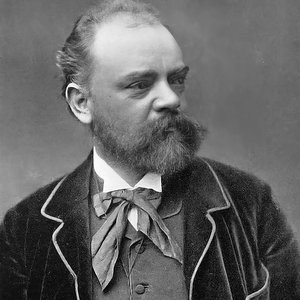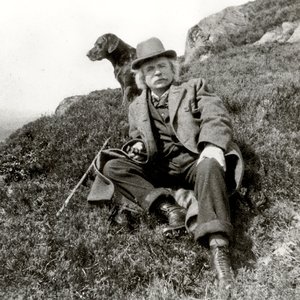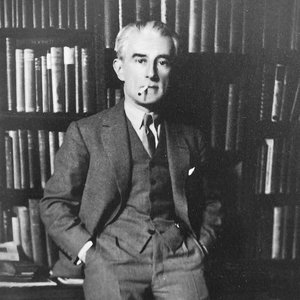Biography
-
Born
8 June 1810
-
Born In
Zwickau, Sachsen, Germany
-
Died
29 July 1856 (aged 46)
Robert Schumann (8 June 1810 – 29 July 1856) was a German composer, pianist, and music critic associated with the early Romantic era. He composed works across a wide range of genres, including music for solo piano, voice and piano, chamber ensembles, orchestra, choir, and opera. His compositions are often viewed as representative of German Romanticism.
Born in Zwickau, Saxony, into a middle-class family with no direct musical background, Schumann initially considered careers in both law and music. He studied law at the universities of Leipzig and Heidelberg, though his main interests lay in music and Romantic literature. From 1829, he studied piano under Friedrich Wieck, but a hand injury curtailed his plans to become a concert pianist. As a result, he turned his focus to composition. His early output consisted mainly of piano works, including "Carnaval", "Davidsbündlertänze", "Fantasiestücke", "Kreisleriana", and "Kinderszenen", composed between 1834 and 1838. In 1834, he co-founded the "Neue Zeitschrift für Musik" and edited it for a decade. In his writings and compositions, he often expressed contrasting aspects of his personality, which he referred to as "Florestan" and "Eusebius".
In 1840, despite opposition from Friedrich Wieck, Schumann married Wieck’s daughter, Clara, who was a distinguished pianist and composer. That year marked a surge in Schumann's compositional output, particularly in the area of Lieder. Notable works from this period include "Frauenliebe und Leben" and "Dichterliebe". In 1841, he shifted focus to orchestral music, completing the first of his four symphonies. The following year, he wrote several chamber works, including three string quartets, a piano quintet, and a piano quartet. During the remainder of the 1840s, despite episodes of ill health, Schumann continued composing and toured Europe with Clara. His only opera, "Genoveva" (1850), was not well received and has rarely been performed since.
In 1850, Schumann became director of music in Düsseldorf. Although the position initially promised stability, difficulties arising from his introverted nature and mental health challenges led to his resignation after three years. In 1853, he and Clara met Johannes Brahms, then a young composer, whom Schumann supported in the "Neue Zeitschrift für Musik". Schumann's mental health declined severely in 1854, culminating in a suicide attempt. He was placed in a private sanatorium near Bonn, where he remained until his death in 1856.
During his lifetime, Schumann was most celebrated for his piano music and Lieder, often noted for their poetic and programmatic qualities. Other works, especially those from his later years, received less attention and were sometimes viewed as less inspired. This view has become less dominant in recent scholarship, although his early piano and vocal compositions remain central to his reputation. Schumann exerted significant influence on 19th- and 20th-century composers, including Gustav Mahler, Richard Strauss, Arnold Schoenberg, and Wolfgang Rihm in the German-speaking world, as well as Georges Bizet, Gabriel Fauré, Claude Debussy, and Maurice Ravel in France. His music also influenced Russian composers such as Anton Rubinstein and Pyotr Ilyich Tchaikovsky.
Artist descriptions on Last.fm are editable by everyone. Feel free to contribute!
All user-contributed text on this page is available under the Creative Commons Attribution-ShareAlike License; additional terms may apply.

